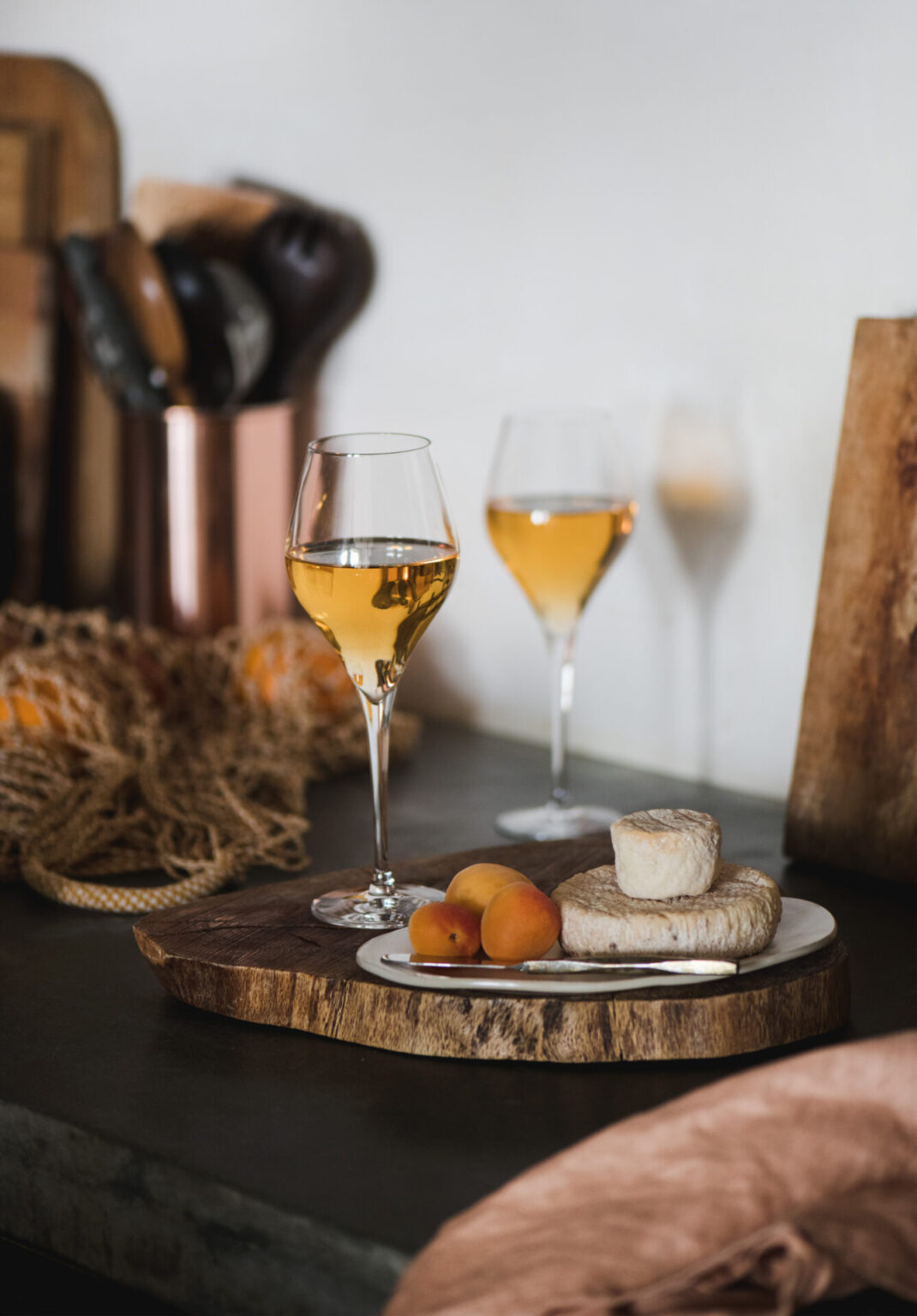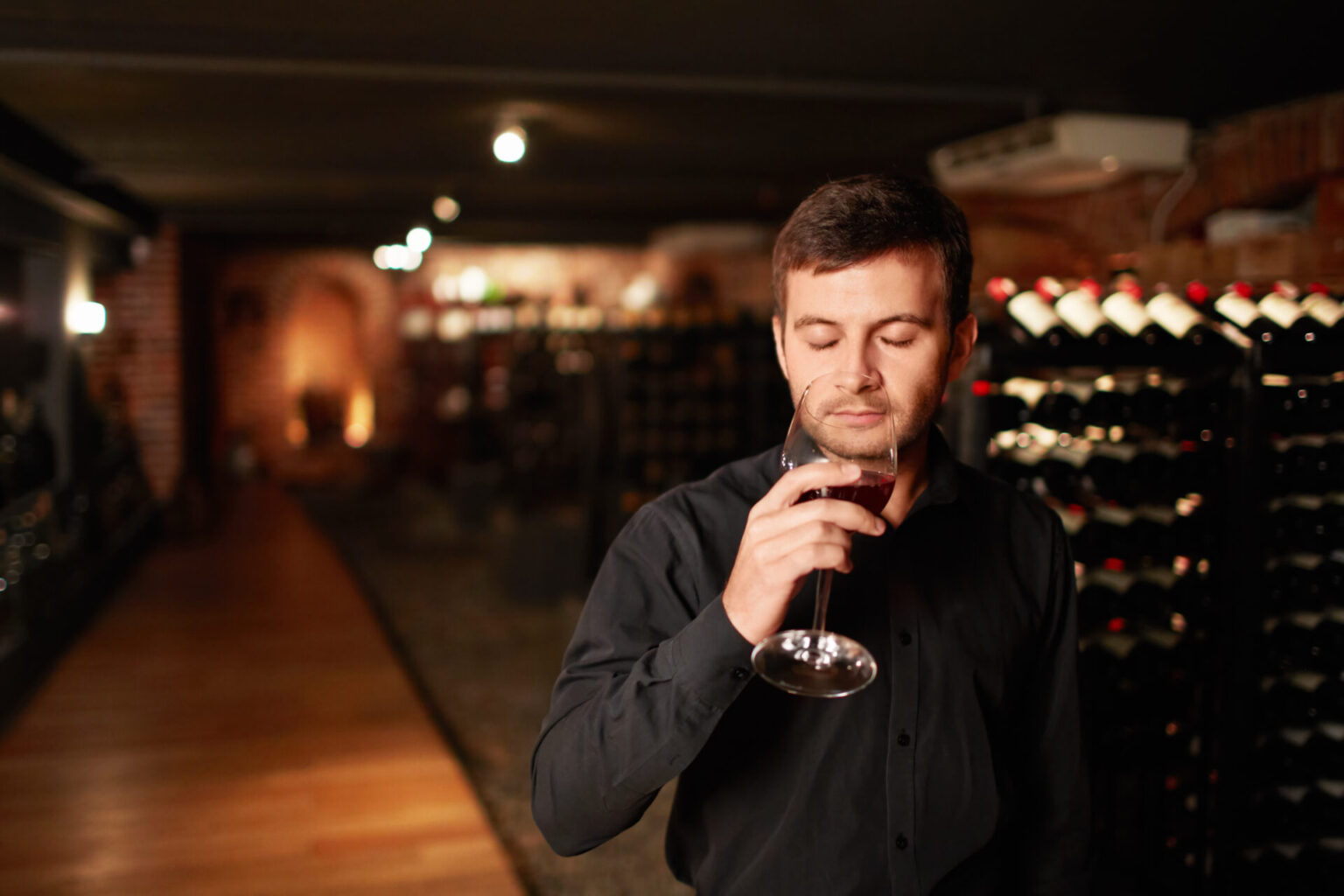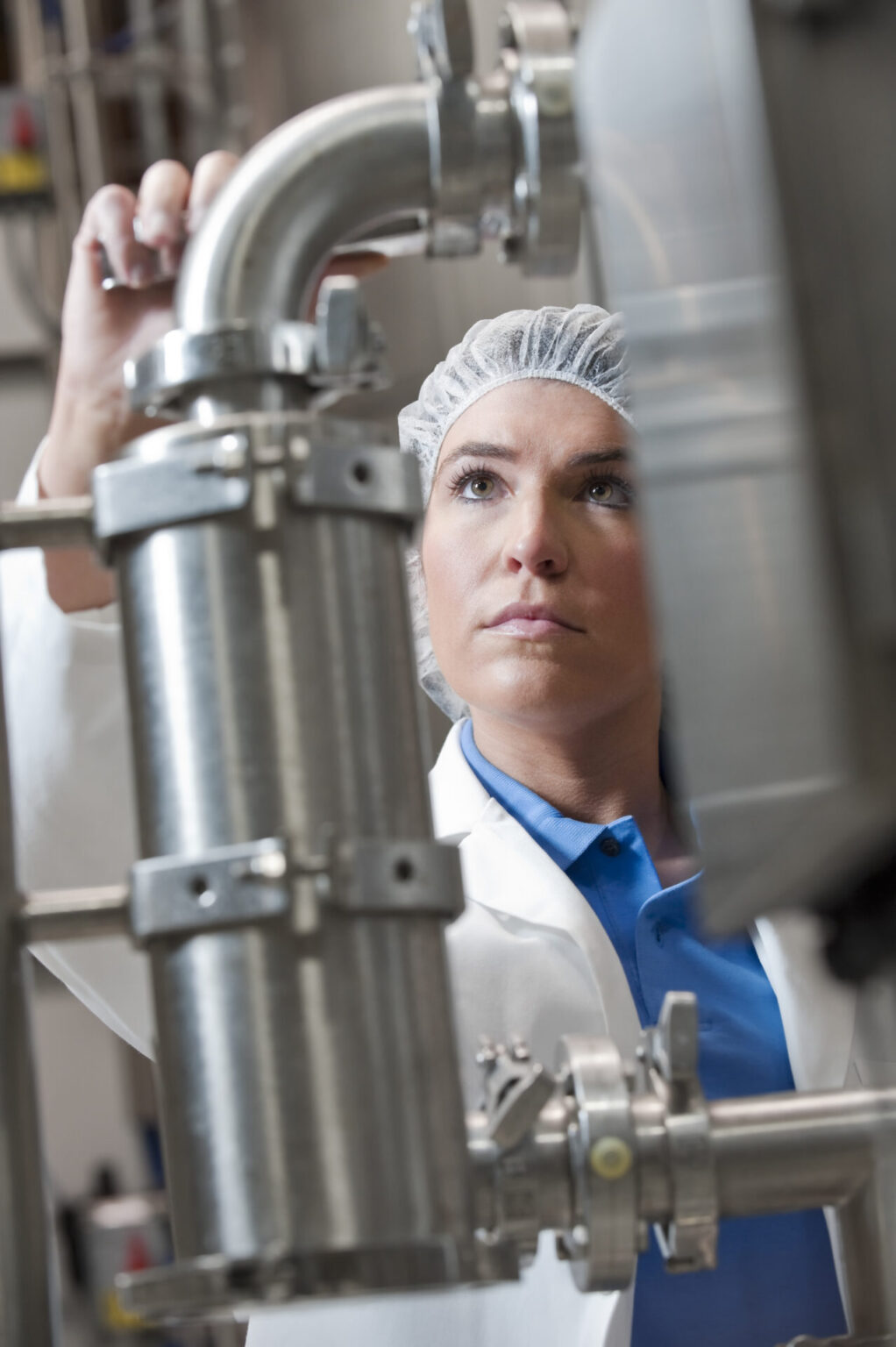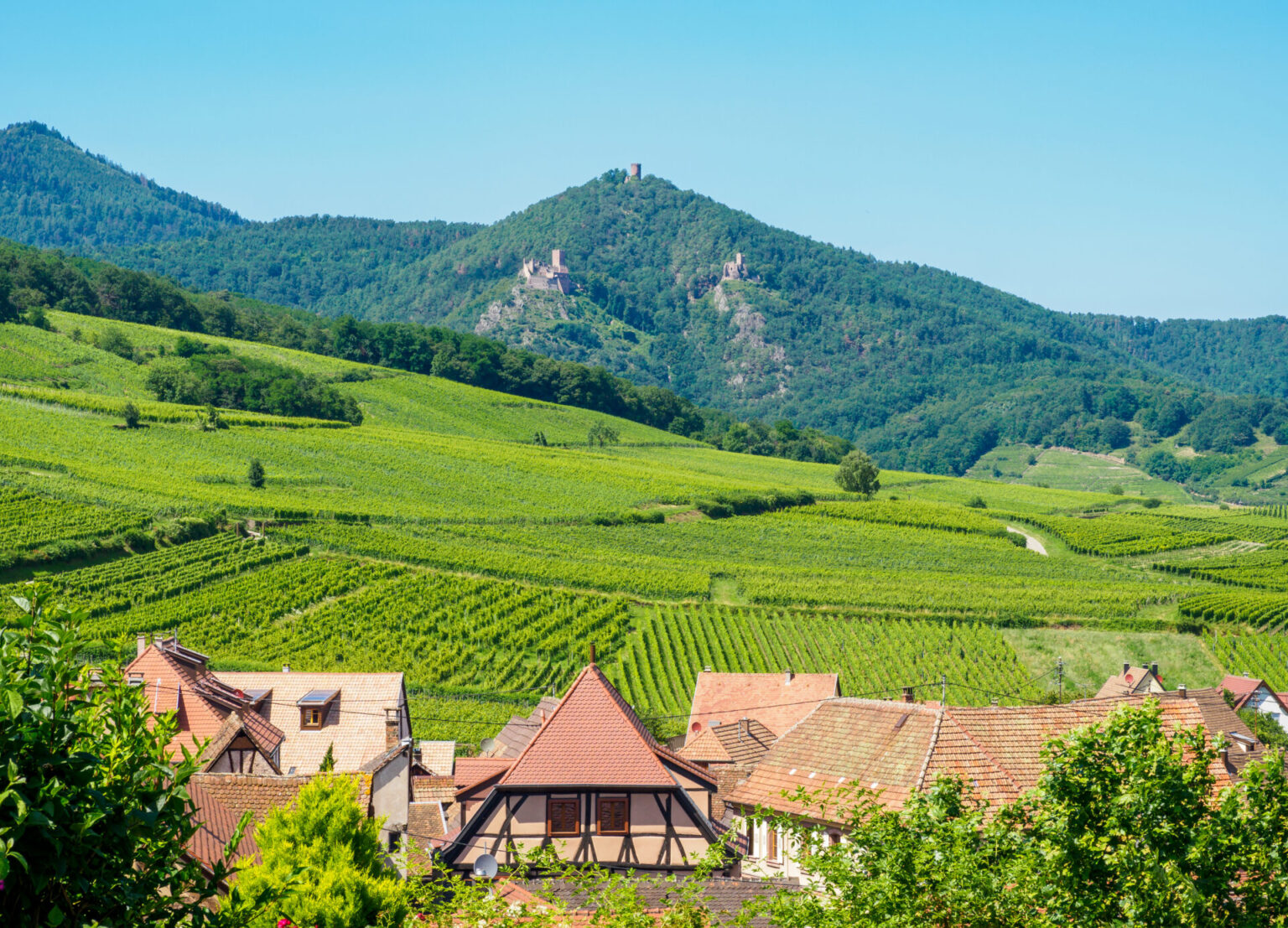Changing consumer habits and patterns
Driven by changing consumer trends and global movements such as Dry January, alcohol-free wines are finding their place at the heart of Alsace’s winemaking traditions.
This challenge, once seen as a daring gamble, is now being taken up by producers, wine merchants and sommeliers, determined to combine innovation and excellence. De-alcoholizing wine is part of a sustainable approach, meeting the expectations of consumers in search of tastes adapted to a more sober lifestyle.
Dry January, a motivating force
Every year, Dry January invites consumers to take up the challenge of an alcohol-free month, encouraging the discovery of new alternatives.
In Alsace, this movement has acted as a catalyst for producers, who are vying with each other to offer de-alcoholized wines that combine finesse and pleasure.
Specific events and launches, some orchestrated by renowned houses, mark the winegrowing calendar, reinforcing the general public’s interest in these new cuvées. This dynamic is helping to change mindsets, diversify the offer and position Alsace as a pioneer in festive sobriety.
A trend that’s taking root
Faced with changing consumer habits and a growing quest for sobriety, alcohol-free wines are gradually making their mark on the French wine scene. This trend reflects a global quest for balance and well-being.
Consumers now wish to enjoy refined wines while respecting healthier lifestyle choices or those in line with their beliefs, without renouncing the conviviality and pleasure of wine-tasting.
This transformation is part of a lasting change in the market, encouraged by an increasingly diversified and high-quality offering.

A rapidly expanding offering
In Alsace, a region renowned for its centuries-old winemaking tradition, de-alcoholization is beginning to find its place among producers.
Local initiatives are multiplying, particularly within the major houses, which are adapting their know-how to meet these new expectations. Renowned wineries are working on innovative methods, such as vacuum distillation or reverse osmosis, to preserve the very essence of wine while eliminating alcohol.
These technical efforts have resulted in de-alcoholized cuvées with complex aromas, similar to their classic versions. Alsatian wine merchants and restaurateurs also play a key role in integrating these references into their offer, encouraging the public to discover and adopt them.
Quality that’s getting better
The early days of dealcoholized wines were marked by products perceived as gadgets, often lacking character.
Today, thanks to technological advances and the expertise of oenologists, the game has changed. Blends are meticulously selected to offer an aromatic richness that rivals that of traditional wines.
From white wines with delicate floral notes, to reds with balanced tannins, to festive sparkling wines, each de-alcoholized cuvée strives to appeal to a variety of palates.
These constant improvements attract curious amateurs and teetotallers alike, helping to widen the audience for alcohol-free wines in Alsace and throughout France.
Professionals adapt
To keep pace with this movement, sommeliers are training and incorporating these alcohol-free wines into their recommendations.
At dedicated events, these professionals explore food and wine pairings that now include de-alcoholized options. However, there is still a long way to go before these products are truly democratized in prestigious restaurants.
This adaptation represents a collective challenge for the entire industry, but also an opportunity to enrich the gastronomic experience by offering inclusive, modern alternatives.
A promising market
The growing popularity of alcohol-free wines is not confined to France. Local producers are seeing strong interest beyond their borders, particularly in markets such as the United States, where festive sobriety is gaining ground.
A number of Alsatian pioneers are exporting their de-alcoholized cuvées, and are already enjoying growing success.
This international dynamic confirms the economic potential of non-alcoholic wines, which, by broadening the range of products on offer, help to diversify winegrowers’ sources of income while reinforcing Alsace’s reputation as a region of innovation.

Production challenges
Despite the opportunities, producing alcohol-free wine remains a technical challenge. De-alcoholization must be achieved without compromising the aromatic structure of the wine, which requires complex and costly processes.
State-of-the-art equipment, often reserved for specific fields, still limits access to this type of production for some small-scale producers.
However, the commitment of the winemakers and their collaboration with oenological laboratories have overcome these obstacles to offer products that meet the region’s standards of excellence.
A lasting trend?
At a time when health, sustainability and moderation are taking center stage in consumer choices, alcohol-free wines are emerging as a sustainable alternative.
In Alsace, this new approach offers a perfect balance between tradition and innovation. The region’s ability to reinvent its practices while enhancing its winegrowing heritage could well enable it to become a benchmark in this booming sector.
Non-alcoholic wines could thus mark a decisive turning point for the future of Alsace winegrowing.


